Review: February Stage Spotlight: Revenge Song Smooches and Swordfights Its Way Through History at the Geffen Playhouse
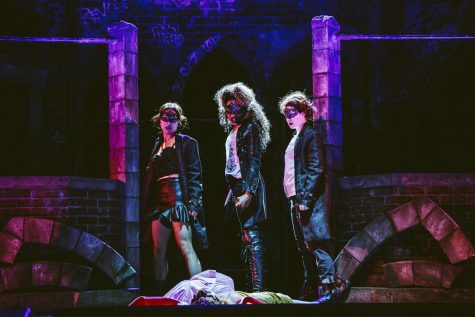
I came into Revenge Song with high expectations… perhaps even too high. The premise was simply irresistible: a twenty-first century update to the biography of minor historical figure Julie d’Aubigny, a. k. a. La Maupin, 17th-century French opera singer, womanizer, and incorrigible duelist. Unlike the majority of the audience, I had previously heard of her, adding another pressure; you know how sometimes your friend likes a movie, but you’re a fan of the book and can’t see anything but omission? Well, d’Aubigny texts Goddess and Rejected Princesses are personal favorites, and my companion who had never heard of her had a much better time. I was constantly aware of any deviations from these other sources, but to be fair, little definite information is available on d’Aubigny’s life, and the Vampire Cowboys openly avoid historical accuracy in favor of freewheeling fun.
Speaking of fun, Revenge Song certainly has it. In spades. There are few still moments; the capable Amy Kim Waschke as Mme. de Senneterre, a kind of meta-narrator figure, leads this madcap dash with certainty. The cast is more than half actors of color, written by a Vietnamese playwright, and flamboyantly bisexual. It incorporates elements of modern punk rock and classic Broadway, as well as parodying 70s power ballads in a riotous collage.

Unfortunately, Revenge Song is not groundbreaking in its ideology or particularly intelligent. It makes no particular statement about race, which is perfectly fine—it doesn’t seem like it set out to, and far be it from me to insist that artists of color constantly rehash Race Relations 101—but it does seem to extend some promise about gender discourse that it never really delivers on. In fact, the playbill explicitly touts “conversations about gender and sexuality.” Yes, crossdressing abounds, but never reaches beyond jokes about nuns being scary or the past being a foreign (read: sexist) country. We already knew that, and, to be totally frank, I didn’t find the reminder particularly humorous. In terms of gender dynamics, rape and sexual violence play a giant role in Julie’s character arc, coloring the way she reacts to every other character, which I felt bordered on trite, gratuitous fridging in action—is rape truly the only tragic backstory women are allowed to have, especially when the historical record is vague at most?
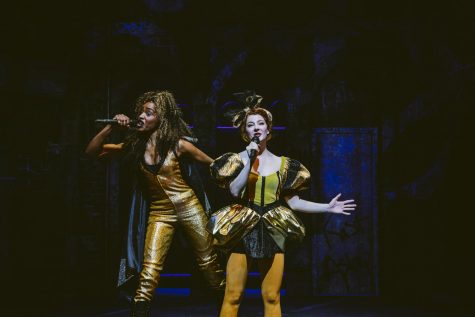
As for the musical elements, punk-rock influence shone through in the fight scenes, which were fairly entertaining and unabashedly cheesy, but ran too long—a flaw shared by most of the songs. In addition, some of the leads seemed a little uneasy with the range demanded (though Beth Hawkes, in particular, knocked it out of the park). There were a few spirited, flashy parodies of seventies schmaltz, ingeniously contemporizing 17th-century French opera, but they, too, outstayed their welcome, and the bog-standard sad musical theatre ballads were satisfactory but soporifically predictable. Julie got one fleeting rap and perhaps one punk-y, microphone-grabbing interlude, which really stood out. Revenge Song needed more of those.
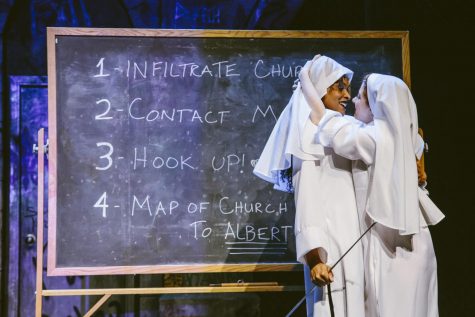
Revenge Song was at its best when its kitsch seemed self-aware. My favorite gags were the opening number, a rap that set the tone by lampshading the lack of accurate French aesthetic (they might have actually rapped the words “oui oui baguette” at one point. Glorious!), and when rebellious noble daughter Emily was getting melodramatically aggressed by the threat of nuns. Other highlights were the sewer escape sequence and the nunnery escape plan, playing on heist movie tropes.
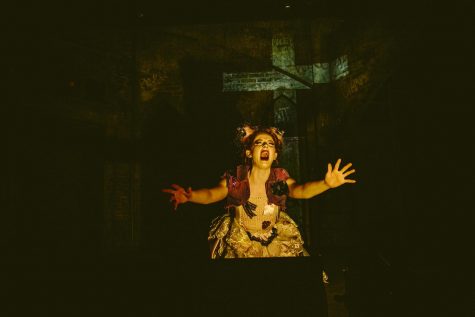
But when Revenge Song felt the need to retread instead of spoof, things were less fun, less thrilling, less laugh-out-loud hilarious. Not that I condemn a little old-fashioned emotional sincerity; constant irony is one of our modern world’s worst habits, and some of those numbers I called cliche were really very sweet—but in the end, Revenge Song failed to find a balance.

And, at the risk of repetition, I maintain that some of the omitted historical exploits and adventures of one Julie d’Aubigny might have balanced the bathos very well indeed! Though there are a lot of recognizable pieces included in Revenge Song, I wanted to see them pushed further. A woman who, among other things, tore off her shirt during a duel to prove that she was indeed one, had to be pardoned by King Louis XIV not once but twice, dumped the Elector of Bavaria by literally throwing his bribe in his face and possibly also kicking him down the stairs, and dueled, beat, and/or bedded a scandalous number of her opera contemporaries, needs to be done full justice.

However, in persnickety nerd-myopia, we must not lose sight of what was there. The small cast was bursting with talent. Standouts include the previously mentioned Hawkes, and Eugene Young as Albert, Julie’s right-hand man and occasional stab victim. Speaking of Emily and Albert, both of whom had larger roles that allowed for eye-popping personalized foppery, the costumes were outstanding: spangled, technicolor, leather and velvet, studded and strapped confections that were almost worth the price of admission on their own. My deepest compliments to costume designer Jessica Shay; it is difficult for me to resist ending this article right here, right now, and just putting up a slideshow of the costumes. Revenge Song’s visual sense was committed and thoroughly delightful.
In short: if your hobby is studying LGBT+ historical figures or you require your theatre to be cerebral, try to forget that for the moment, or give Revenge Song a pass. But if those aren’t deal-breakers, check it out. You’ll have a roaring good time.
Revenge Song will be making its world premiere at the Geffen Playhouse from February 4th to March 8th, 2020.
(Though no truly explicit content is included, there are quite a few jokes and plot points that younger attendees may not be able to appreciate or understand.)
All production photos included are by Jeff Lorch.
Questions? Comments? Castigations? Show suggestions? Contact us.

Emerson is a staff writer, occasional columnist, and Westridge senior. Her professional interests include theatre, literature, digital culture, the LGBT...




























![Dr. Zanita Kelly, Director of Lower and Middle School, pictured above, and the rest of Westridge Administration were instrumental to providing Westridge faculty and staff the support they needed after the Eaton fire. "[Teachers] are part of the community," said Dr. Kelly. "Just like our families and students."](https://westridgespyglass.org/wp-content/uploads/2025/03/dr.-kellyyy-1-e1748143600809.png)























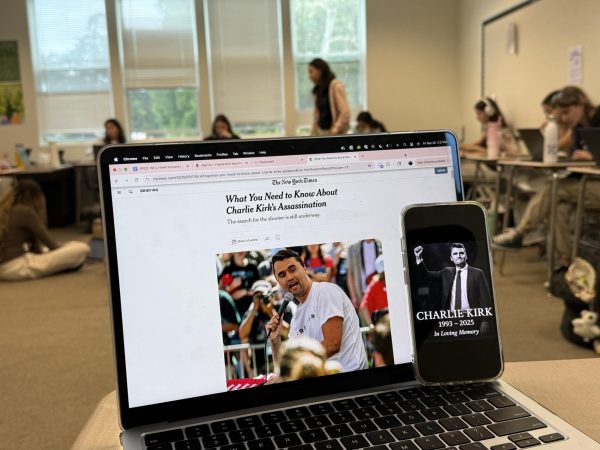
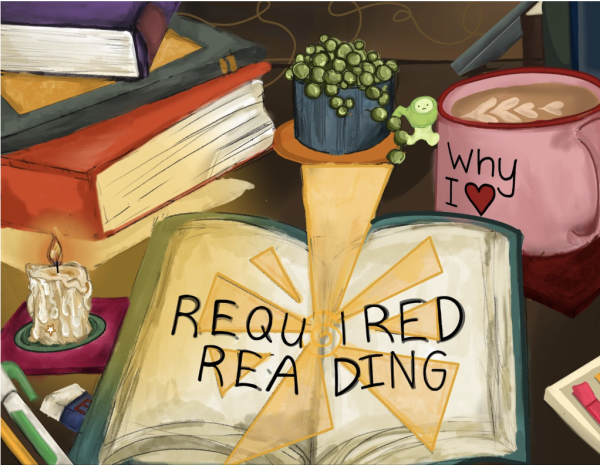
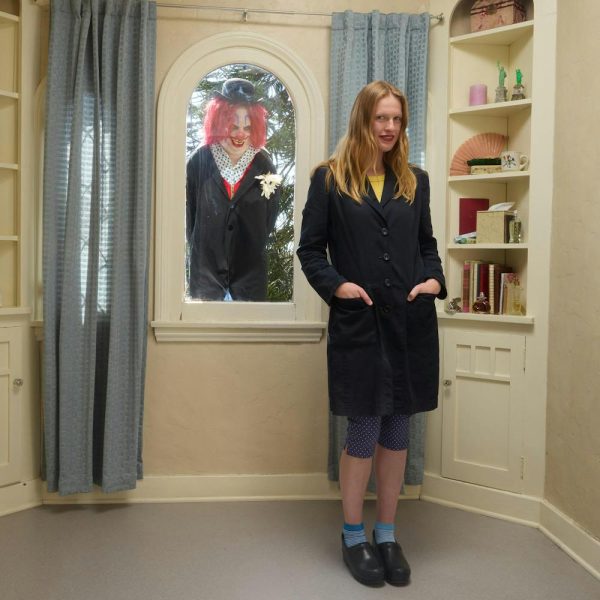
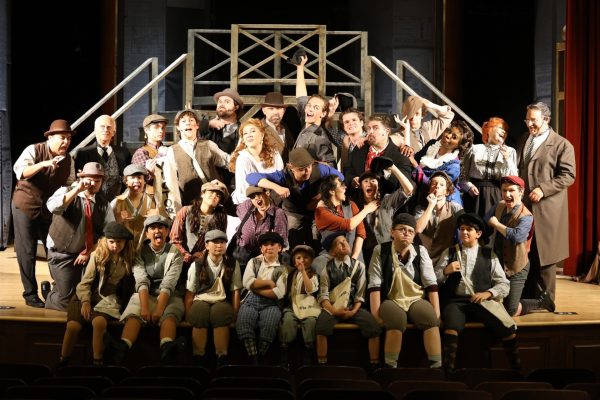

Kimo wills • Feb 18, 2020 at 4:17 pm
Outstanding review- I really wanna see this now, mainly so I can disagree with you!